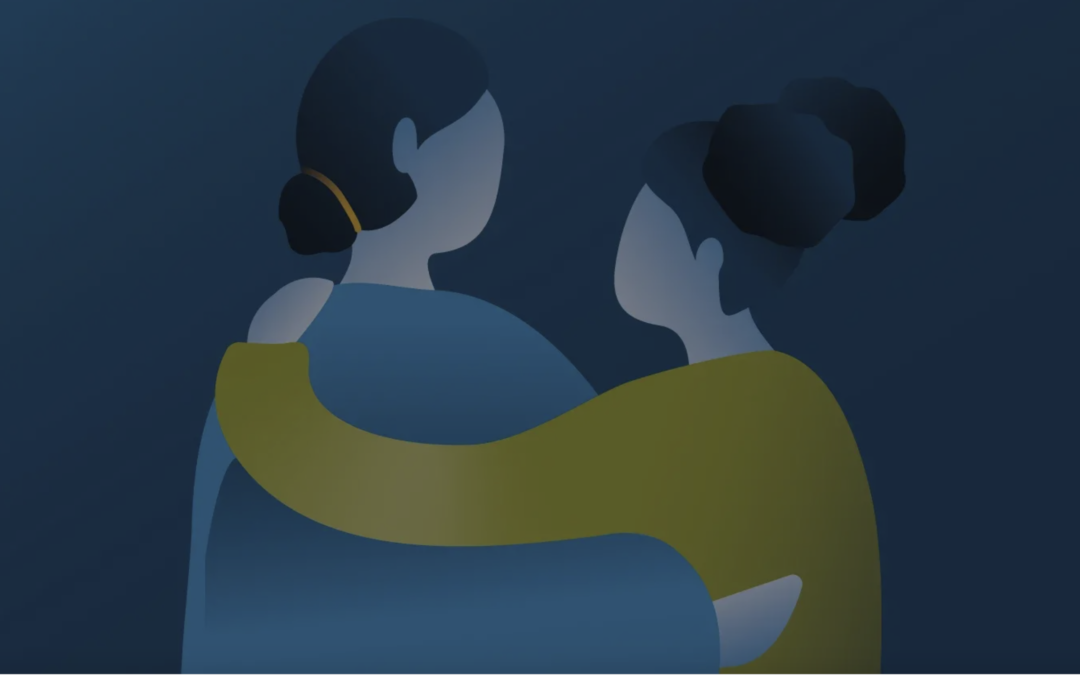The latest Un Women report, published for the International Day for the Eradication of Poverty on 17th of October, shows the growing gender gap in social protection, i.e. the set of policies aimed at combating situations of poverty that people might experience for different reasons, not least gender-related discrimination. These policies can be forms of cash support, unemployment protection, pensions but also healthcare.
Although social protection’s levels have increased since 2015, gender gaps have widened in most regions of the Global South, suggesting that policies and provisions have benefited men more than women. The report tells us that as many as two billion women and girls do not have access to any form of social protection, showing the evident genderisation of poverty. Women and girls are among the poorest people at every stage of life, with the widest gaps during the childbearing years, meaning women aged from 25 to 34 are 25 percent more likely to live in poverty compared to men in the same age group. The data is also connected to the denied protection of maternity throughout the world which certainly sees women who are also mothers in extreme difficulty when they have to take care of their children, if there are no support systems and policies aimed at social change that provide a caring role also for men.
Indeed, despite progress, more than 63 percent of women across the planet give birth without access to maternity benefits, with the percentage rising to 94 percent in sub-Saharan African countries. The lack of financial support during maternity leave puts women at a further economic disadvantage, often compromising their health and the well-being of their sons and daughters, perpetuating poverty from generation to generation.
In situations of conflict or crisis of different kinds, if women and girls are already experiencing this situation, the conditions can only worsen, impacting poverty but also on a whole series of rights that are closely intertwined with each other. “The potential of social protection for gender equality, resilience and transformation is enormous. To harness it, we must center the dignity, agency and empowerment of women and girls at every stage of the process, from policy and program design to delivery and financing,” said Sarah Hendriks, Director of the Policy, Program and Intergovernmental at UN Women, presenting the report at a joint event with the United Nations Department of Economic and Social Affairs.
With contributions from academia, civil society and the United Nations system, in particular the International Labor Organization, the report also highlights examples of progress and successes, but essentially the UN Women report calls on governments to do more to provide women and girls the chance to escape poverty by giving priority to their needs in social protection measures and responses to crises.

